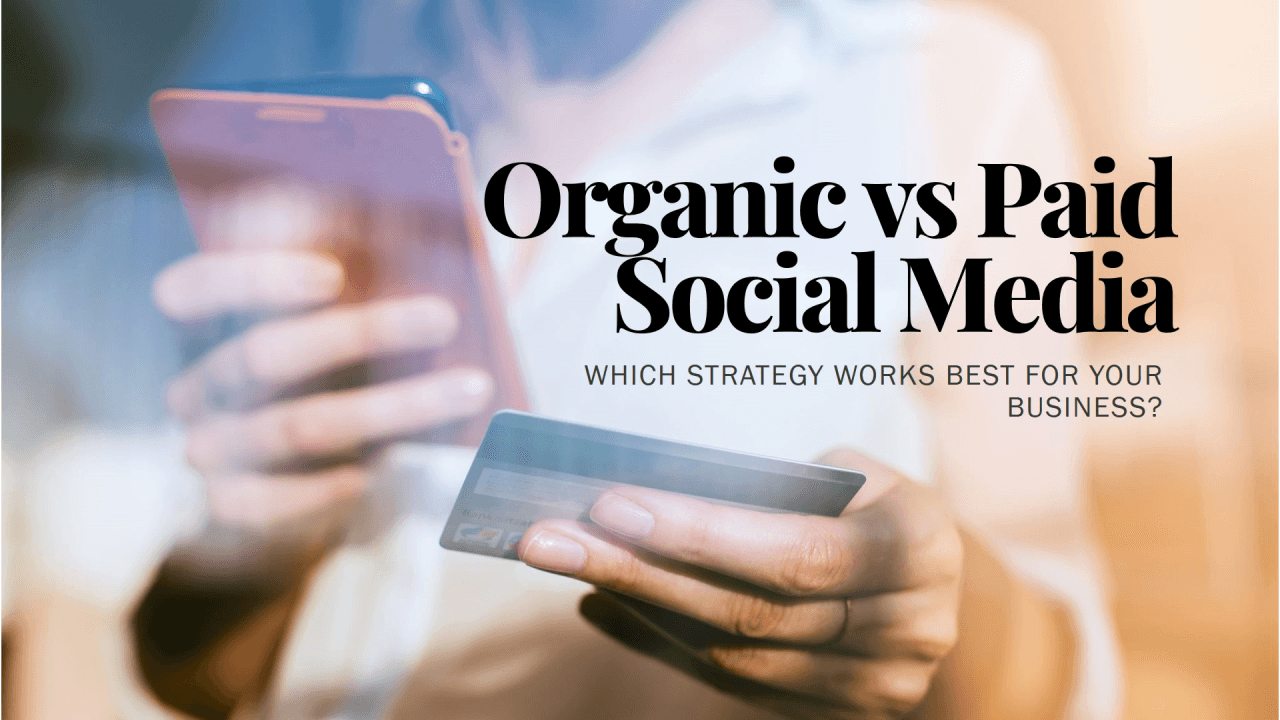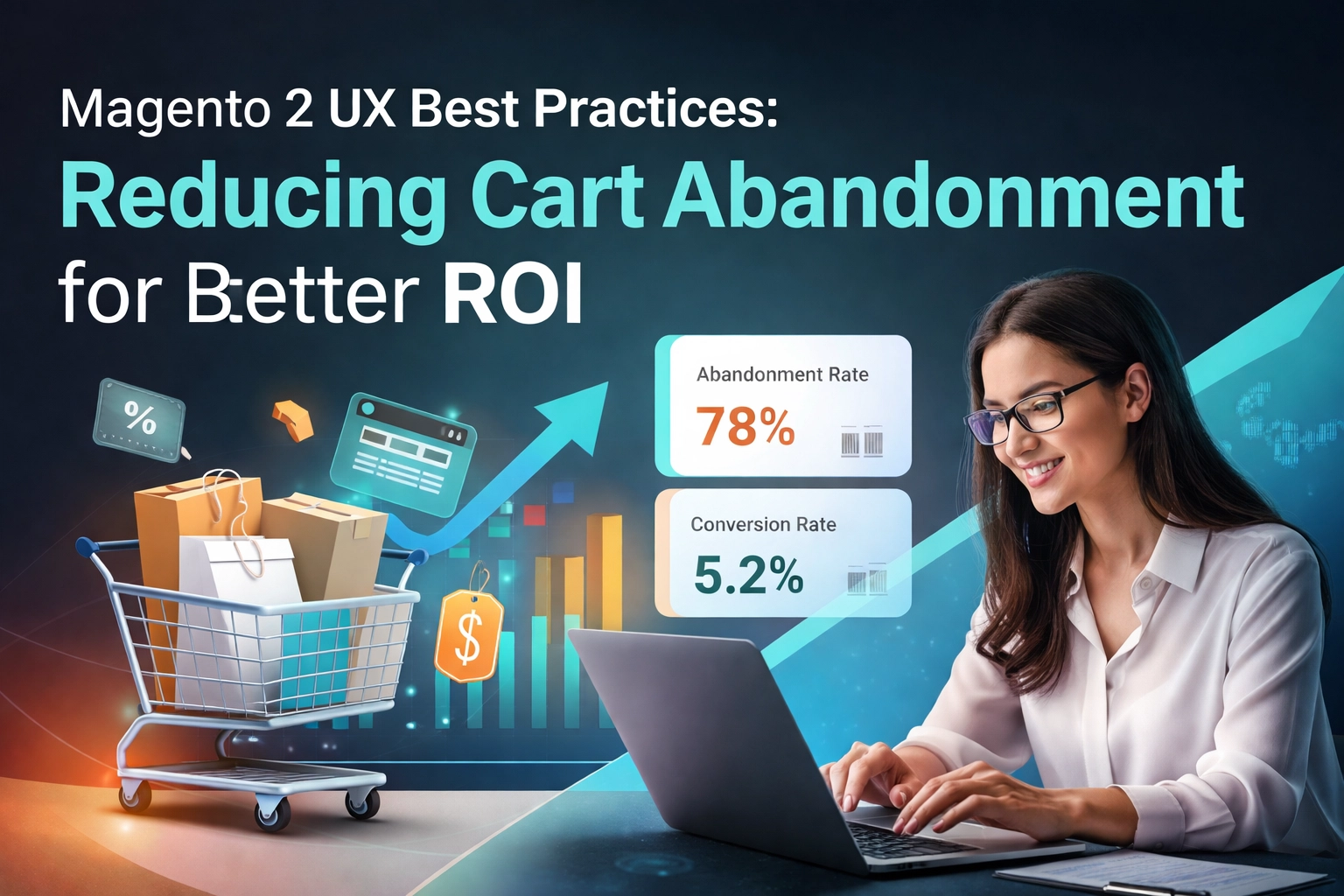In today’s digital-first world, social media is no longer optional - it's a necessity. Whether you're running a startup or a growing eCommerce store, platforms like Facebook, Instagram, LinkedIn, and TikTok have become powerful tools for branding, customer engagement, and driving conversions. But when it comes to choosing the right strategy, business owners are often caught between paid and organic social media.
So, what’s the difference, and more importantly, what’s right for your business?
Let’s break it down with insights from experienced Social Media Specialists, WordPress Developers, and leading Social Media Marketing Services.
What Is Organic Social Media?
Organic social media refers to the free content (posts, stories, tweets, videos, etc.) that businesses share on their profiles to engage with followers, build relationships, and increase brand awareness.
Benefits of Organic Social Media:
- Builds trust and loyaltythrough consistent communication
- Encourages engagementlike shares, likes, and comments
- Drives long-term visibilitywithout direct ad spend
- Ideal for WordPress developersand small business owners promoting blog content or updates
However, it’s important to note that organic reach has significantly declined, especially on platforms like Facebook. This is where paid media steps in.
What Is Paid Social Media?
Paid social media involves paying platforms to display your content to targeted users. This includes sponsored posts, display ads, and influencer partnerships. Businesses use paid strategies to reach wider audiences and achieve faster results.
Benefits of Paid Social Media:
- Increases brand reachbeyond existing followers
- Targets specific demographicsbased on location, age, interests, and behaviors
- Drives measurable ROIwith analytics and tracking
- Great for promoting new products, events, or sales
A reputable Social Media Marketing Services provider can craft high-performing ad campaigns that align with your business goals.
Key Differences:
| Feature | Organic Social Media | Paid Social Media |
| Cost | Free (time investment) | Paid (budget required) |
| Reach | Limited to followers | Broader, targeted audience |
| Speed | Slow, long-term | Immediate, short-term |
| Use Case | Brand building, engagement | Lead generation, conversions |
Which One Should You Choose?
The short answer: Both - but in different proportions depending on your goals.
Choose Organic If:
- You’re focused on brand awareness and community building
- You want to create a trustworthy voice online
- You are a WordPress developeror freelancer building authority by sharing blogs, tips, and portfolio updates
Choose Paid If:
- You need quick results or direct sales
- You’re launching a new product, event, or promotion
- You're ready to scale and have a budget to invest
A combined approach - using Social Media Marketing Services, offers the best results by aligning organic engagement with paid visibility. Social Media Specialists can help analyze data, test ad creatives, and refine your strategy to boost ROI.
Tips from the Experts
Balance your efforts: Use organic posts to tell your brand story and paid ads to drive action.
Leverage remarketing: Run paid campaigns targeting users who interacted with your organic content.
Stay consistent: Whether it’s paid or organic, consistency in messaging and posting frequency is key.
There's no one-size-fits-all approach to social media. The right balance between paid and organic strategies depends on your goals, audience, and budget. By partnering with experienced Social Media Specialists and WordPress Developers, businesses can build smart, data-driven campaigns that deliver results.
Invest wisely in both strategies and consider working with a professional Social Media Marketing Services team to maximize your impact across platforms.




